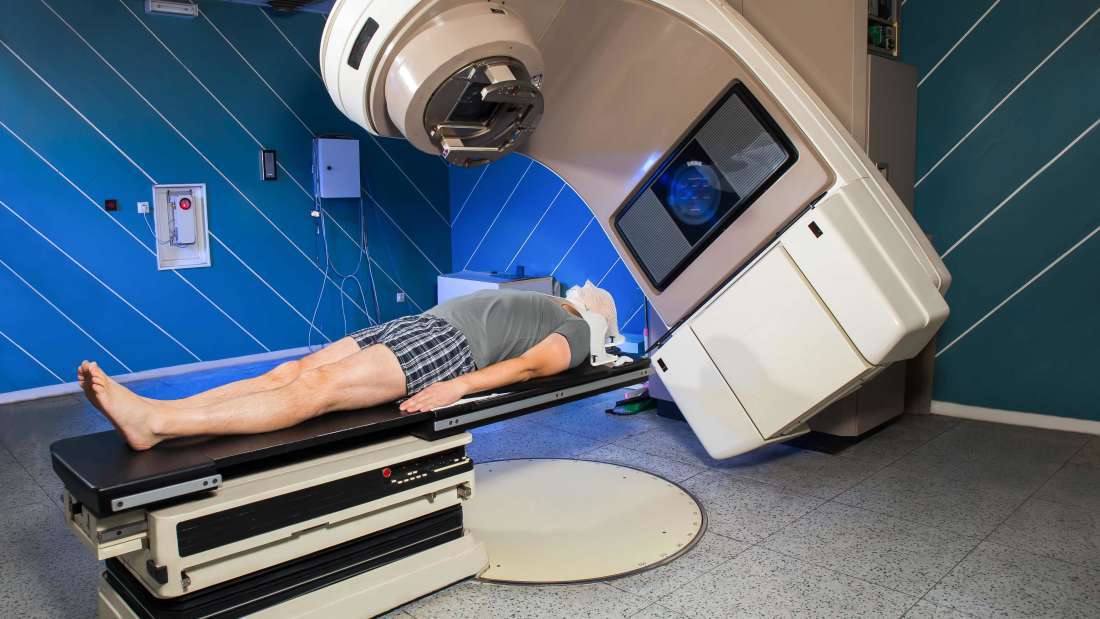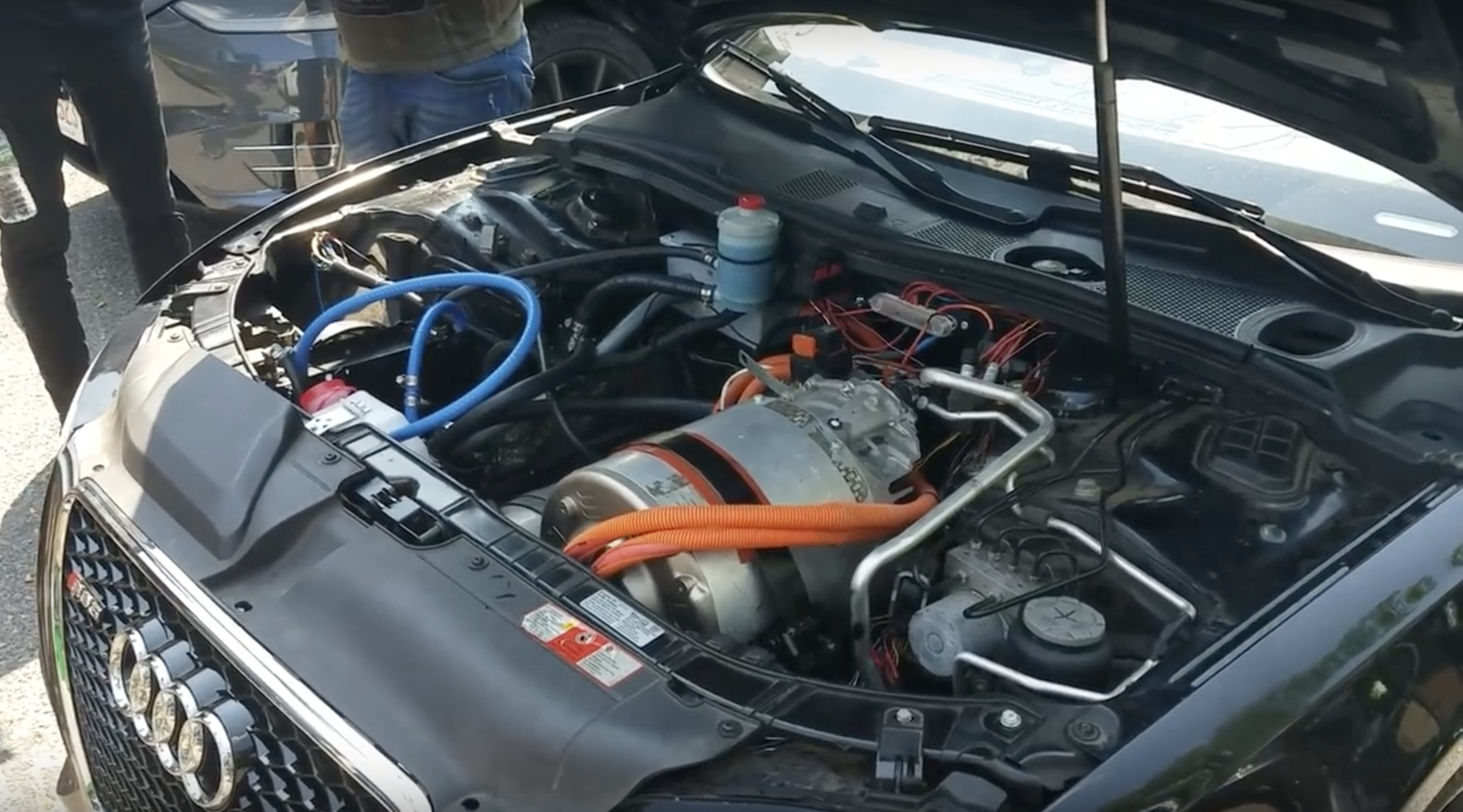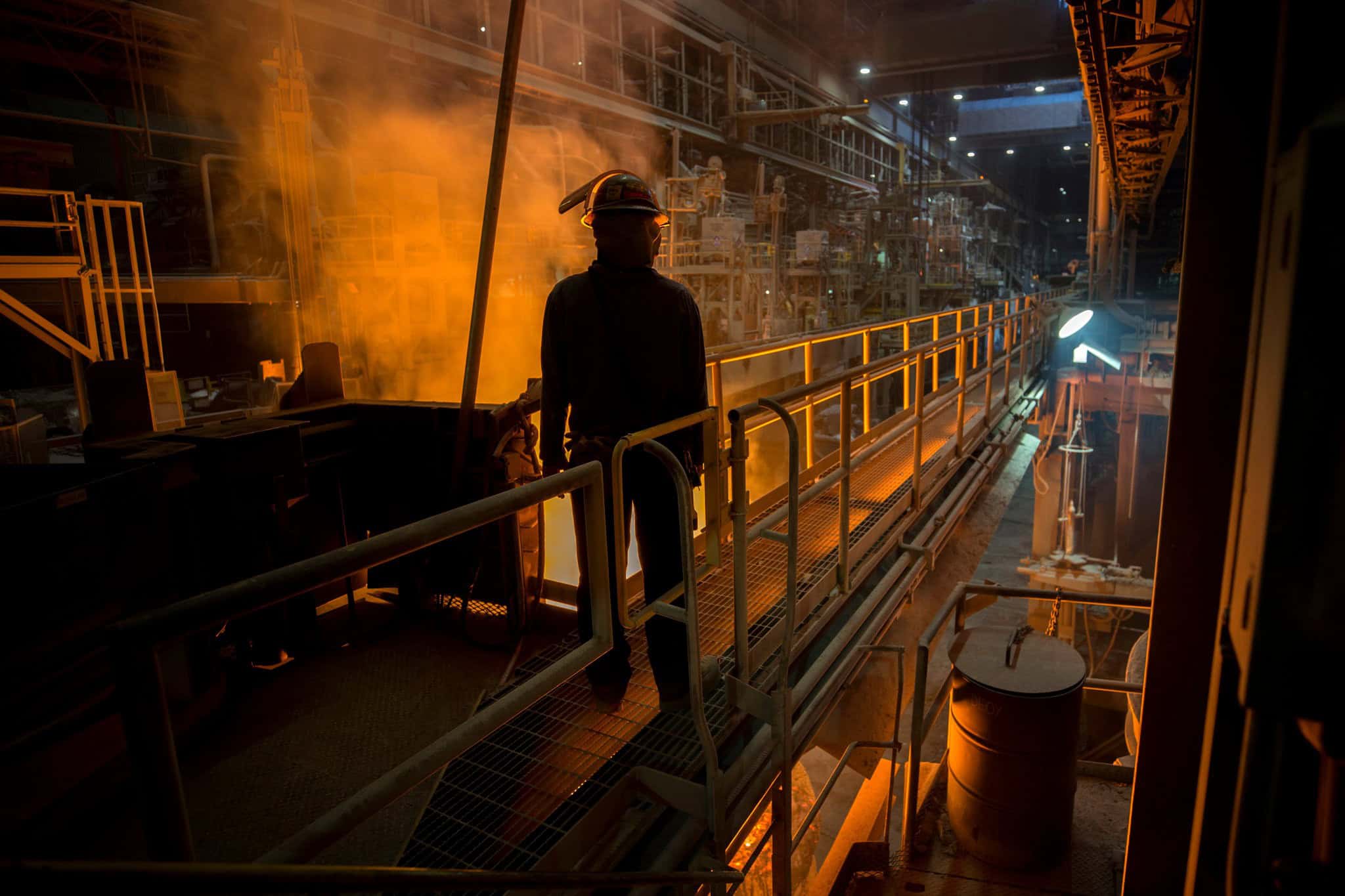
ISLAMABAD: The government has decided to implement the manganese phase out plan for imported petrol as planned but has linked any relaxation to the timelines for local refineries to an independent study.
After a lot of disputes and negotiations, the Petroleum Division has made it clear to the oil industry that the timeline for phasing out metal contents in all the production line of petrol ie 90/92/95/97 RON was finalised in consultations spread over six months and then notified in May this year.
As such, the Petroleum Division has conveyed three final decisions to the industry. The Hydrocarbon Development Institute of Pakistan (HDIP) will start testing metal content in all grades (RON) of imported petrol arriving after August 1. The local petrol would contain 40 milligrams per litre without any relaxation.
Manganese limits set to begin from Nov 1
After Oct 30, import of motor gasoline containing more than 24mg per litre will not be permitted till Apr 30, 2019 and then be completely banned. For local petrol, the Oil & Gas Regulatory Authority (Ogra) and HDIP will conduct a study through an independent consultant and submit the report encompassing local refineries’ issues emanating due to implementation of phase out plan.
The report would be submitted to the Petroleum Division well before Oct 30 for review.
From Nov 1 till Apr 30, 2019, the limit of manganese in 95 and 97 RON imported petrol will be set at 10mg per litre which will then be banned.
Earlier, the oil industry was resisting implementation of recently notified specifications for lower manganese content in petrol, saying it required additional investments and time to enable the industry for a phase out plan.
The Petroleum Division of the Ministry of Energy had introduced fresh specifications for manganese and iron content in petrol in May this year after automakers, particularly Honda Pakistan, complained about choking of some of their engines due to higher manganese in petrol. It emerged later that Pakistan did not have any limits for manganese content in any type of petrol.
After months of deliberations and interactions with all the stakeholders, the notified fresh limits of manganese in the specifications of 90/92/95/97 RON for both imported and locally produced petrol was set at 40mg per litre with immediate effect to Oct 30 which should further decline to 24mg per litre with effect from Nov 1 to Apr 30, 2019.
Consequently, the notification required complete elimination of manganese content in all types of petrol with effect from May 1, 2019.
The oil industry had complained that local production of motor gasoline would reduce by 138,000 tonnes per year (11,500 tonnes per month) and simultaneously increase naphtha production by 102,000 tonnes per year (8,500 tonnes per month) that would need to be exported, causing infrastructure constraints. The industry said the schedule was “not implementable” because reduction in petrol production and increase in naphtha production would force the refineries to reduce throughput, impacting the production of other petroleum products as well.
These factors would lead to “additional import of Euro II motor gasoline as well as additional exports of surplus Naphtha, thereby burdening the already congested and overburdened import infrastructure at Keamari and Port Qasim”.
The Oil Companies Advisory Council (OCAC) said the refineries had recently in 2015 added isomerisation units to their configurations while Parco was still in the process to do so to comply with Euro II 87 RON standards on the orders of the government and then ordered to upgrade to 90 and 92RON and all the three products entailed the use of manganese as an octane booster.
The OCAC has called upon the government to continue with 54 mg per litre manganese limit till such time that local refineries are able to upgrade their hardware to a configuration that allows production of petrol with higher RON and consequent reduction in manganese dosage.
From a technical standpoint, manganese compromises engine performance in the long run, chokes catalytic converter of the vehicle and aggravates pollution level by not converting unsafe substances of the exhaust. It has been in use in Pakistan since 2002 when the government moved to single unleaded petrol grade of 87 RON.








